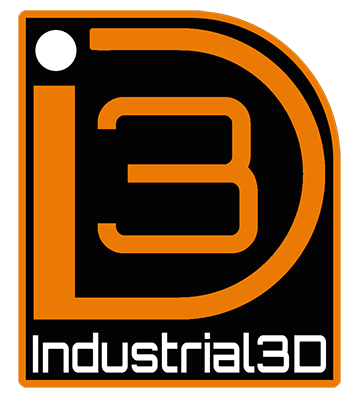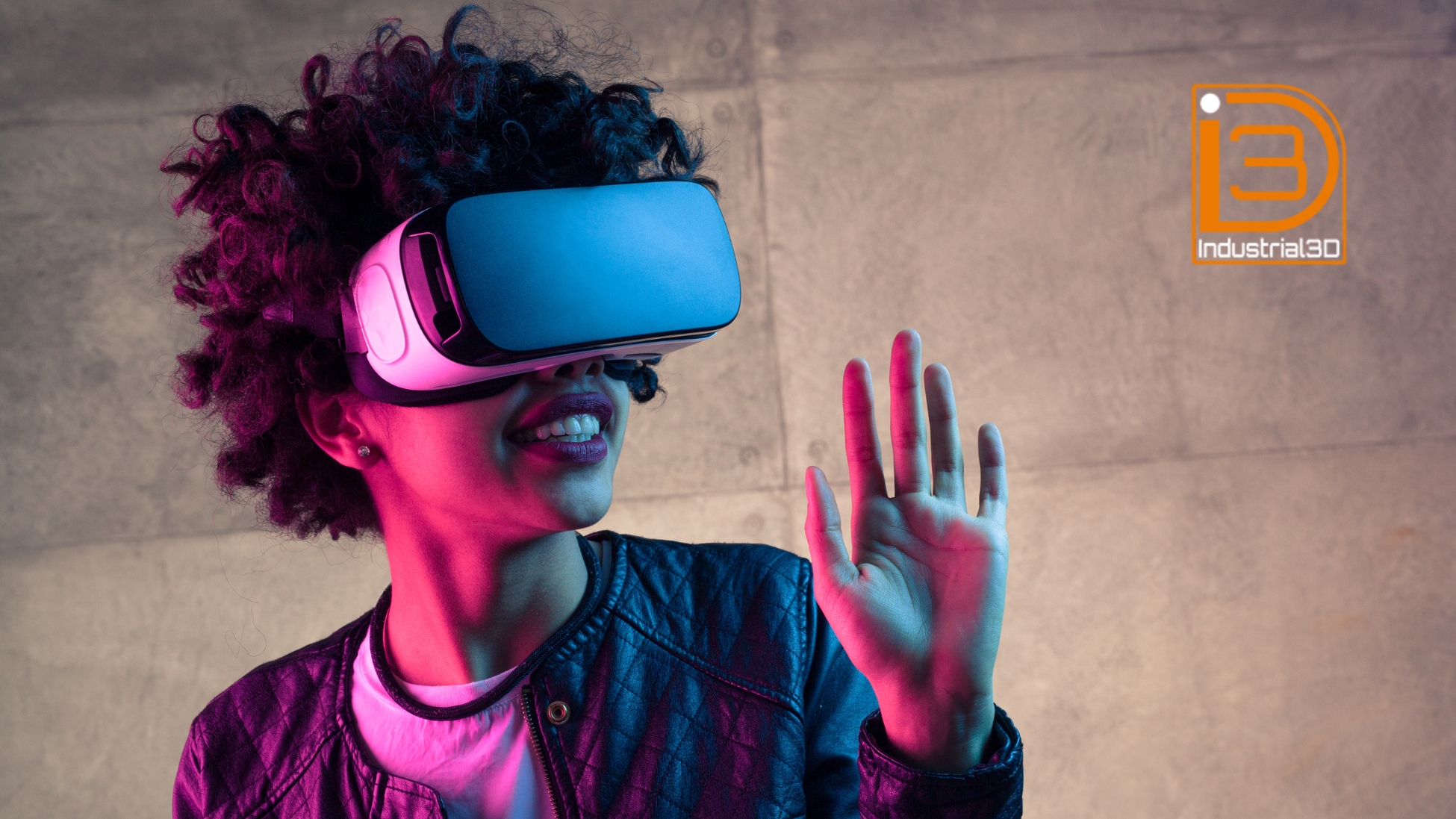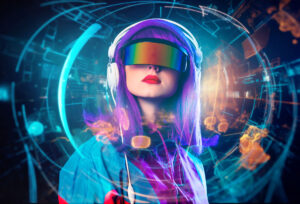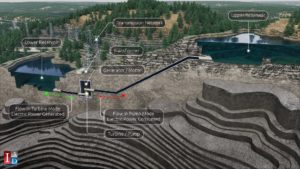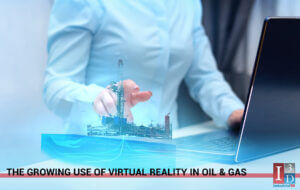Virtual reality (VR) has transformed from a futuristic concept into a practical tool used across various industries. From immersive training experiences to engaging marketing campaigns, VR is revolutionizing how businesses operate. This blog will explore the world of virtual reality development companies, highlighting key services, trends, and top players in the industry. We will also look at how INDUSTRIAL3D stands out in this competitive market as one of the leading vr companies.
Understanding Virtual Reality
Virtual reality creates a simulated environment that can be similar to or completely different from the real world. Users experience and interact with this environment through VR headsets and other sensory devices, products often developed by top virtual reality companies. VR is widely used for gaming, training, education, and even in healthcare, demonstrating the versatility of game development and extended reality technologies.
Key Services Offered by VR Development Companies
VR Development
VR development involves creating immersive environments for various applications. This can include anything from simple VR experiences to complex simulations. Developers use advanced software and hardware to build these environments, ensuring they are realistic and engaging.
Augmented Reality (AR)
AR overlays digital information onto the real world, offering new opportunities in both mobile app development and extended reality. This technology is often used in mobile apps, allowing users to see virtual objects in their physical environment, enhancing the experience of both AR and VR applications. AR enhances the real-world experience by adding interactive elements, making it a powerful tool for marketing and education.
App Development
AR and VR app development services are crucial for creating accessible and user-friendly applications, which are essential in today’s mobile app development. These apps can be used on various devices, including smartphones, tablets, and VR headsets. The goal is to create seamless and engaging experiences for users.
Immersive Experiences
Immersive experiences are designed to fully engage users, making them feel as though they are part of the virtual environment. These experiences are often used in training and education to provide realistic simulations without the associated risks.
The Role of Developers in VR Development
VR Developers
VR developers are skilled professionals who create virtual environments. They use various programming languages and tools to design and build immersive experiences. Their work involves creating the visual and interactive elements that make VR experiences engaging.
AR Developers
AR developers specialize in creating augmented reality applications. They focus on integrating digital elements into the real world, ensuring that these elements interact seamlessly with the physical environment.
Top Virtual Reality Development Company
Industrial3D
Industrial3D is a leading player in the VR industry. The company specializes in creating immersive VR training modules, product visualizations, and interactive experiences. Their expertise extends across various industries, including engineering, manufacturing, and marketing.
VR Development Services and Their Impact
Training and Education
VR training modules offer a safe and effective way to train employees. These modules simulate real-world scenarios, allowing users to practice and learn without any risk. This is particularly useful in industries like healthcare, where training can be risky and expensive, necessitating the expertise of development experts.
Marketing and Product Visualization
VR is a powerful tool for marketing, especially when utilized by top virtual reality companies. It allows businesses to create immersive product visualizations, giving customers a better understanding of the product. This can significantly enhance the customer experience and drive sales.
Interactive Experiences
Interactive experiences are designed to engage users and keep them interested. These experiences can be used in various settings, including museums, exhibitions, and retail stores. They provide an innovative way to present information and entertain visitors.
The Development Process
Concept and Design
The development process begins with the concept and design phase, essential steps in both vr app and mobile app development. Developers work with clients to understand their needs and create a detailed plan for the VR application with the assistance of development experts. This phase involves creating wireframes, storyboards, and initial designs.
Development and Testing
Once the design is finalized, the development phase begins. Developers create the virtual environment, integrating all the visual and interactive elements. This phase also involves rigorous testing to ensure the application is functional and user-friendly.
Deployment and Support
After development and testing, the application is deployed. This involves setting up the application on the required devices and ensuring it runs smoothly. Developers also provide ongoing support to address any issues and make necessary updates.
Future Trends in VR Development
Mixed Reality
Mixed reality (MR) combines elements of both VR and AR, creating a hybrid environment and expanding the possibilities of extended reality. This technology is expected to become more prevalent, offering new possibilities for training, education, and entertainment.
VR and AR in Healthcare
The healthcare industry is increasingly adopting VR and AR technologies. These technologies are used for training, patient treatment, and even surgery planning. They offer a safe and effective way to improve patient care and outcomes.
The Metaverse
The concept of the metaverse is gaining traction, with many companies investing in this new digital frontier. The metaverse is a collective virtual shared space, created by the convergence of virtually enhanced physical reality and physically persistent virtual space. It includes augmented reality, virtual reality, and the internet, collectively known as extended reality.
Frequently Asked Questions
What services do virtual reality development companies offer?
Virtual reality development companies offer services like VR training modules, AR app development, immersive experiences, and custom software solutions. They create realistic simulations for training, marketing, and more.
How does VR development enhance training and education?
VR development provides immersive training modules that simulate real-world scenarios, allowing for safe and effective learning experiences. This helps in industries like healthcare and engineering, where ar and vr solutions can significantly improve outcomes.
What is the difference between VR and AR?
VR creates a completely virtual environment, while AR overlays digital information onto the real world. Both technologies are used for different applications in training, marketing, and interactive experiences.
Why choose Industrial3D for VR development services?
Industrial3D specializes in creating high-quality VR training modules, product visualizations, and interactive experiences. They have extensive experience in various industries, ensuring top-notch VR solutions.
What future trends are expected in VR development?
Future trends in VR development include mixed reality, VR and AR in healthcare, and the metaverse. These advancements will provide new possibilities for training, education, and entertainment.
Conclusion
Virtual reality development companies play a crucial role in advancing this exciting technology through innovative software development. They offer a wide range of services, from VR and AR app development to immersive training solutions. Companies like Industrial3D are at the forefront of this industry, providing innovative and high-quality VR development services as top virtual reality companies. As technology continues to evolve, the possibilities for VR and AR applications are limitless, promising a future where virtual and augmented reality become integral parts of our daily lives.
